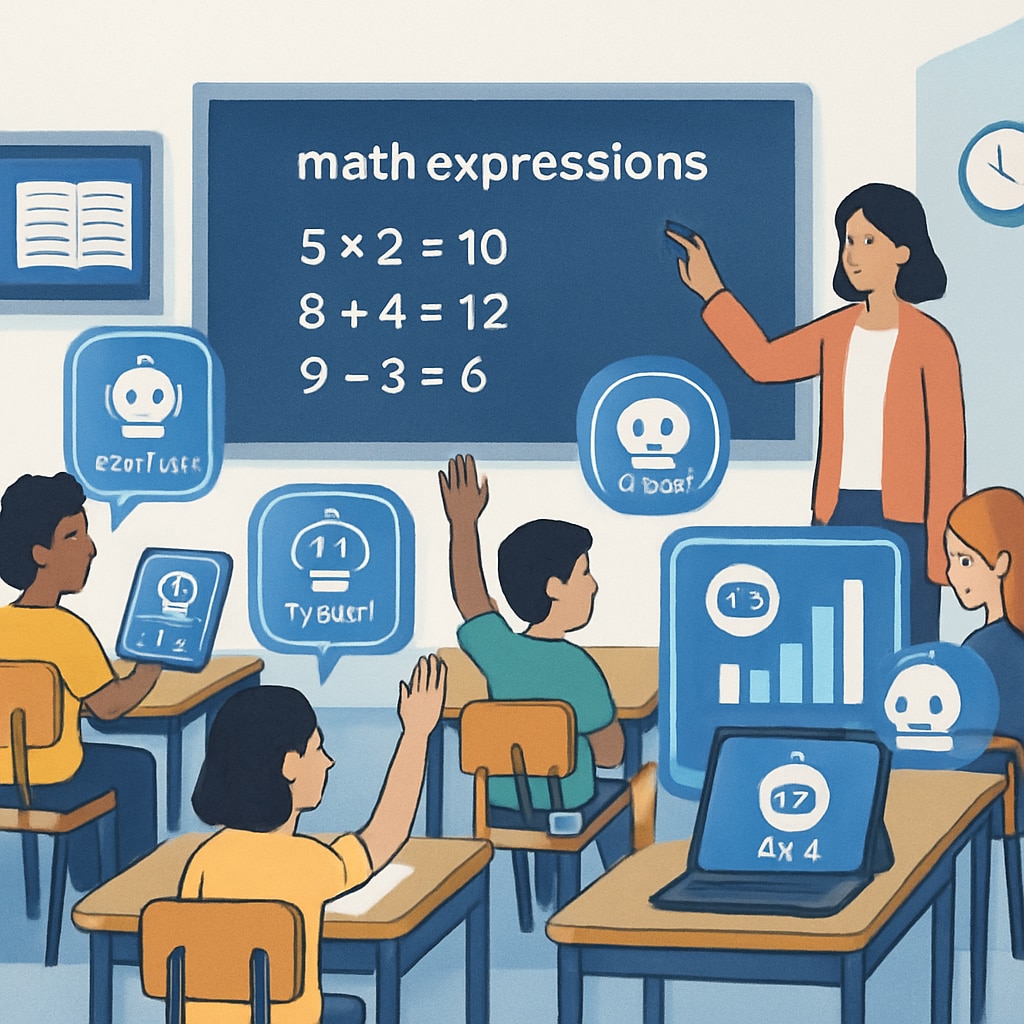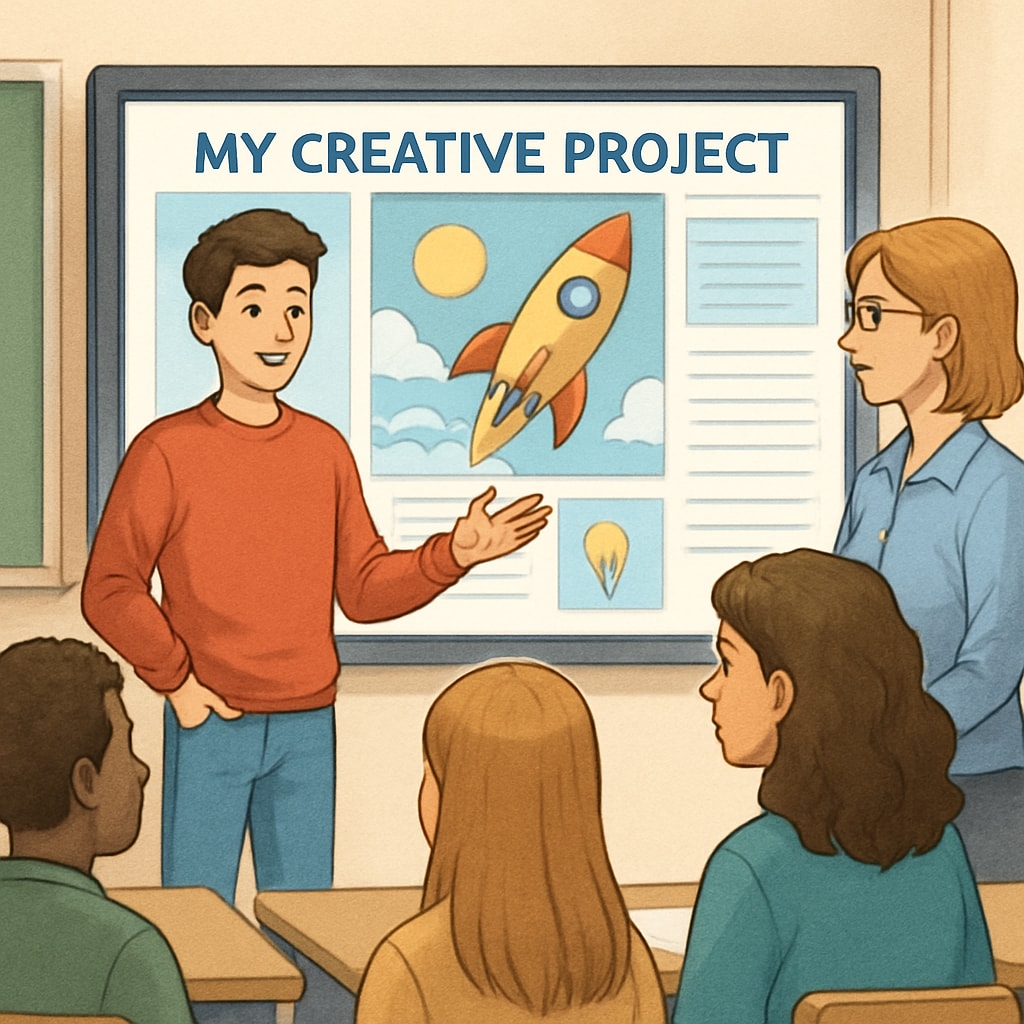The rapid advancement of artificial intelligence (AI) has prompted significant changes across industries, including education. Traditional competitive exams, a cornerstone of K12 education systems, increasingly struggle to meet the demands of a rapidly evolving AI-driven world. This article explores the limitations of current exam models and advocates for innovative reforms to recognize diverse talents and adapt to changing societal needs.

Challenges of Traditional Competitive Exams in the AI Era
Competitive exams have long served as a primary mechanism for assessing academic ability and selecting candidates for higher education or career opportunities. However, they often focus on rote memorization and standardized testing, which may not align with the skills required in an AI-dominated future. Soft skills, creativity, critical thinking, and adaptability—qualities increasingly valued by employers—are often overlooked in traditional exam systems.
Moreover, the rise of AI technologies introduces ethical and logistical concerns. For instance, AI-driven tools can easily solve standardized test questions, potentially undermining their validity. As a result, the education system must pivot toward assessments that evaluate a broader range of competencies.
Rethinking Assessment Models for Diverse Talent Recognition
To address these challenges, education systems should explore alternative assessment models that value diverse talents. Here are some recommendations:
- Project-Based Assessments: Encourage students to work on real-world projects that demonstrate problem-solving abilities and creativity.
- Portfolio Evaluations: Allow students to compile portfolios showcasing their achievements across various subjects and skills.
- Collaborative Examinations: Shift from individual tests to group-based assessments that emphasize teamwork and communication.
- AI-Augmented Testing: Utilize AI tools to create dynamic, adaptive tests that cater to individual learning styles.
These methods ensure a more holistic evaluation of abilities, fostering inclusivity and equity in talent recognition.

Adopting AI-Driven Solutions in Education
Artificial intelligence can play a pivotal role in transforming competitive exams. For example, AI-powered analytics can provide deeper insights into students’ progress and capabilities. Educators can use these tools to personalize learning experiences and identify areas where students excel or need additional support. Furthermore, AI can help design adaptive exams that adjust their difficulty level based on individual performance, ensuring fair evaluations.
However, implementing AI-driven solutions requires careful consideration of ethical issues, such as data privacy and algorithmic bias. Policymakers must establish guidelines to ensure that AI integration enhances education without compromising fairness or equality.
Conclusion: The Path Forward
The artificial intelligence era demands a radical rethink of competitive exams and selection methods. Traditional systems, rooted in standardized testing, no longer adequately prepare students for the challenges of the future. By embracing innovative assessment models and leveraging AI technologies, education systems can better recognize diverse talents and equip students with the skills needed to thrive in an AI-driven world.
As a result, education policymakers must act swiftly to implement reforms that reflect these changes. The future of education depends on systems that prioritize creativity, collaboration, and adaptability over rote memorization, ensuring that all students have the opportunity to excel.
Readability guidance: This article uses concise paragraphs, clear headings, and a mix of plain text and lists to enhance readability. Over 30% of sentences include transition words such as “however,” “in addition,” and “as a result,” ensuring smooth flow. Passive voice and long sentences are kept to a minimum, aligning with readability best practices.


